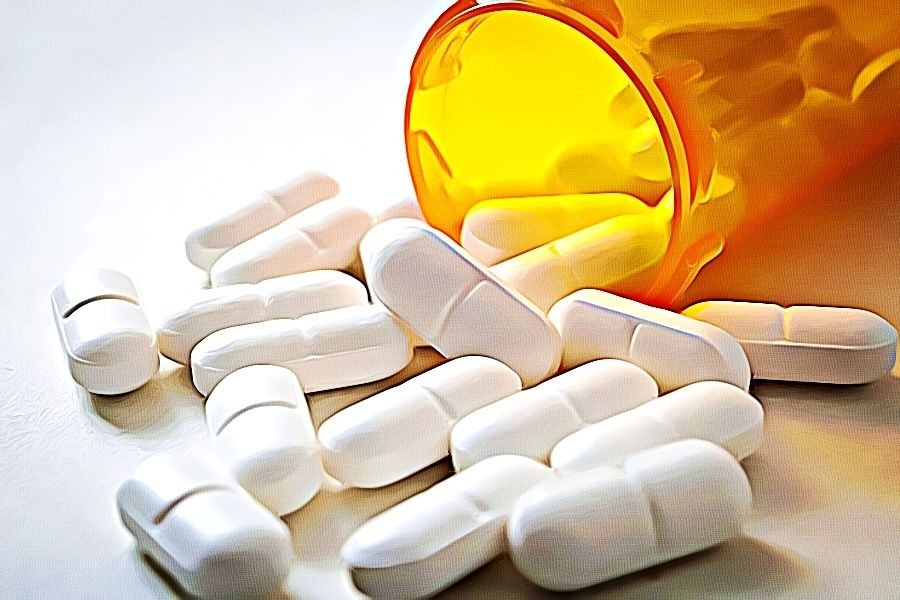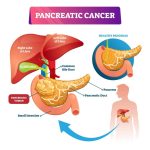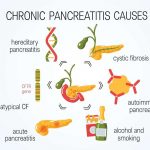
Contents
methocarbamol
Methocarbamol is used as an adjunct to rest, physical therapy, and other treatments for the relief of discomfort related to acute, painful musculoskeletal conditions.
It is not clear how exactly methocarbamol works. It appears to have sedative properties and relaxes skeletal muscles by general central nervous system (CNS) depression. Methocarbamol does not directly affect the muscle’s contractile mechanism, nerve fiber activation, or the motor end plate in the neuromuscular junction.
Warnings
- Do not use methocarbamol in patients hypersensitive to any of its components.
- Methocarbamol contains polyethylene glycol, which can cause kidney injury. Avoid administering intravenous (IV) formulation to patients with impaired kidney function.
- Methocarbamol IV injection rate should not exceed 3 mL/minute.
- Use with caution in patients with liver function impairment; the half-life of methocarbamol increases if the liver cannot metabolize the drug normally.
- Methocarbamol may cause drowsiness and dizziness. Avoid concurrent administration with other CNS suppressants and advise patients to avoid alcohol.
- Sedative effect of methocarbamol may be potentiated if used concurrently with other sedative drugs.
- Methocarbamol may impair mental and physical abilities required to perform hazardous tasks. Caution patients to avoid such activities until the drug effects can be determined.
- Methocarbamol may interfere with certain screening tests for 5-hydroxyindoleacetic acid (5-HIAA) and for urinary vanillylmandelic acid (VMA).
- Use with caution in patients with myasthenia gravis receiving anticholinesterase agents; methocarbamol may reduce their effect.
- Use oral methocarbamol with caution and avoid IV formulation in patients with a history of seizure disorder.
- Use methocarbamol with caution in elderly patients.
- Use of IV formulation is approved only for tetanus in pediatric patients, not for muscle spasms.
What are the side effects of methocarbamol?
Common side effects of methocarbamol include:
- Slow heart rate (bradycardia)
- Low blood pressure (hypotension)
- Inflammation with blood clots in the vein (thrombophlebitis)
- Fainting (syncope)
- Flushing
- Confusion
- Memory loss (amnesia)
- Sleeplessness (insomnia)
- Dizziness/lightheadedness
- Vertigo
- Drowsiness
- Sedation
- Mild impairment of muscular coordination
- Seizures (including grand mal)
- Double vision (diplopia)
- Involuntary eye movements (nystagmus)
- Blurred vision
- Inflammation of the membrane over the eye whites and inner eyelid surfaces (conjunctivitis)
- Nasal congestion
- Metallic taste
- Nausea
- Vomiting
- Indigestion (dyspepsia)
- Jaundice
- Low count of leukocyte immune cells (leukopenia)
- Skin reactions such as:
- Rash
- Hives (urticaria)
- Itching (pruritus)
- Hypersensitivity reactions including:
- Swelling under the skin and mucous membranes (angioneurotic edema)
- Severe allergic reaction (anaphylaxis)
- Fever
- Headache
Call your doctor immediately if you experience any of the following symptoms or serious side effects while using this drug:
- Serious heart symptoms include fast or pounding heartbeats, fluttering in your chest, shortness of breath, and sudden dizziness;
- Severe headache, confusion, slurred speech, severe weakness, vomiting, loss of coordination, feeling unsteady;
- Severe nervous system reaction with very stiff muscles, high fever, sweating, confusion, fast or uneven heartbeats, tremors, and feeling like you might pass out; or
- Serious eye symptoms include blurred vision, tunnel vision, eye pain or swelling, or seeing halos around lights.
This is not a complete list of all side effects or adverse reactions that may occur from the use of this drug. Call your doctor for medical advice about serious side effects or adverse reactions. You may also report side effects or health problems to the FDA at 1-800-FDA-1088.
What are the dosages of methocarbamol?
Tablet
Injectable Solution
Adult:
- 1 g intravenous/intramuscular (IV/IM); additional doses at every 8 hours until initiation of oral treatment; not to exceed 3 g/day
- Total parenteral dose SHOULD NOT EXCEED 3 g/day for longer than 3 days, unless treating tetanus; if condition persists, may repeat therapy after drug-free interval of 48 hours
- 1500 mg orally every 6 hours for 48-72 hours; not to exceed 8 g/day THEN decrease to 4-4.5 g/day divided every 4-8 hours
Tetanus
- Adjunct therapy: Initial 1-2 g IV injection (at 300 mg/minute), THEN
- Additional 1-2 g IV infusion for total dose of 3 g initially
- May repeat 1-2 g IV every 6 hours until can give nasogastrically (NG) or orally
- Total of 24 g orally may be needed
Dosing Modifications
- Renal failure: Not studied; parenteral dosage form contraindicated due to presence of polyethylene glycol
- Hepatic failure: Not studied
Geriatric:
Acute Muscle Spasm
- 500 mg orally every 6 hours; may gradually titrate dose to response
- Use for short-term treatment owing to risk of sedation and anticholinergic adverse effects
Pediatric:
Tetanus
- 15 mg/kg/dose IV every 6 hours as needed or 500 mg/m²/dose; not to exceed 1.8 g/m²/day for 3 days only
Muscle Spasm
- Children below 16 years: Safety and efficacy not established
- Children above 16 years: 1500 mg orally every 6 hours for 48-72 hours; not to exceed 8 g/day THEN decrease to 4-4.5 g/day divided every 4-8 hours
Overdose
- There is limited information on methocarbamol overdose. Overdose is often associated with alcohol or other central nervous system (CNS) suppressants.
- Methocarbamol overdose symptoms include nausea, drowsiness, blurred vision, low blood pressure (hypotension), seizures, and coma.
- Overdose treatment includes symptomatic and supportive measures such as maintenance of airway, intravenous fluids, and monitoring of vital signs.
What drugs interact with methocarbamol?
Inform your doctor of all medications you are currently taking, who can advise you on any possible drug interactions. Never begin taking, suddenly discontinue, or change the dosage of any medication without your doctor’s recommendation.
- Methocarbamol has no severe interactions with other drugs
- Serious Interactions of methocarbamol include:
- benzhydrocodone/acetaminophen
- calcium/magnesium/potassium/sodium oxybates
- hydrocodone
- metoclopramide intranasal
- sodium oxybate
- sufentanil SL
- eucalyptus
- sage
The drug interactions listed above are not all of the possible interactions or adverse effects. For more information on drug interactions, visit the RxList Drug Interaction Checker.
Always tell your doctor, pharmacist, or healthcare provider about all prescription and over-the-counter medications you use, as well as the dosage for each, and keep a list of this information. Check with your doctor or healthcare provider if you have any questions about the medication.
Pregnancy and breastfeeding
- Animal reproduction studies or well-controlled clinical trials on the safety of methocarbamol use during pregnancy have not been conducted. Reports of fetal and congenital abnormalities have been associated with maternal use of methocarbamol during pregnancy.
- Avoid use of methocarbamol in women with pregnancy potential or who are pregnant, particularly during early pregnancy, unless potential benefits outweigh the possible risks.
- It is not known if methocarbamol or its metabolites are present in breast milk. However, animal studies show it is present in dog’s milk.
- Use methocarbamol with caution in nursing mothers because many drugs are excreted in breast milk.
What else should I know about methocarbamol?
- Take methocarbamol exactly as prescribed. Take with food to avoid stomach upset.
- Avoid drinking alcohol or using other central nervous system (CNS) depressant drugs while on methocarbamol therapy.
- Methocarbamol may cause drowsiness and dizziness and impair the ability to perform hazardous tasks such as driving and operating heavy machinery. Avoid such activities until the drug effects can be determined.
- Store methocarbamol safely out of reach of children.
- In case of overdose, seek immediate medical help or contact Poison Control.
Summary
Methocarbamol is medication used to relieve muscle spasms and relax neck and jaw muscle contraction caused by tetanus, a serious bacterial infection. Common side effects of methocarbamol include slow heart rate, low blood pressure, inflammation with blood clots in the vein, fainting, flushing, confusion, memory loss, sleeplessness, dizziness/lightheadedness, vertigo, drowsiness, sedation, mild impairment of muscular coordination, seizures, double vision, and others.


